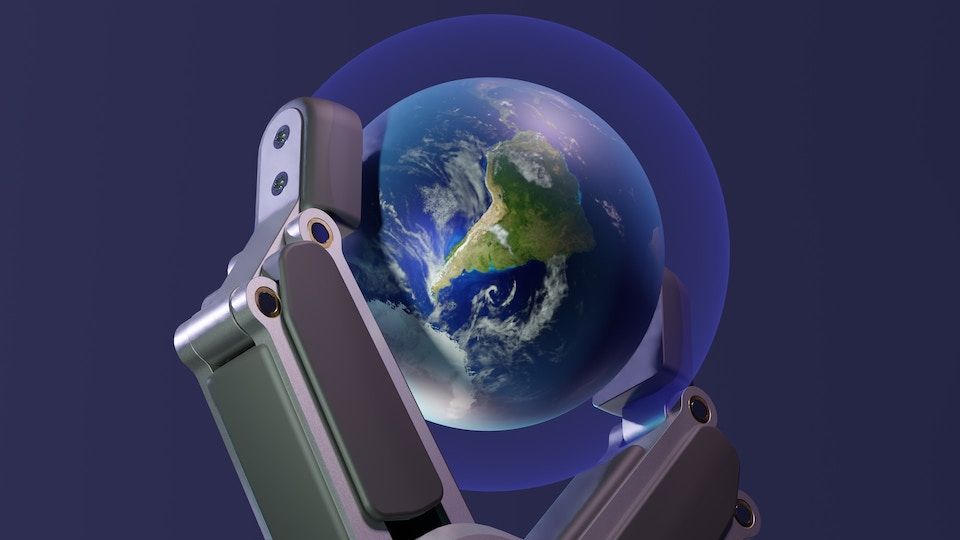Artificial General Intelligence and the Debate on AI Alignment
AI expert Eliezer Yudkowsky advocates AI alignment, highlighting dataset filtering for LLMs and the importance of clear communication in the field.
Eliezer Yudkowsky, a researcher in artificial intelligence and founder of the Machine Intelligence Research Institute (MIRI), expressed his thoughts on the complexity of AI alignment and its implications for humanity. The debate over whether artificial general intelligence (AGI) is a significant threat to humans is ongoing, and Yudkowsky's insights provide a unique perspective on the subject.

Yudkowsky suggests that as we continue to develop large language models (LLMs), we should begin filtering the datasets used to train these models, particularly to ensure that potentially harmful cognitive biases are not incorporated into the base models. This would help improve the safety and alignment of AI systems.
The discussion then shifts to the difficulty of evaluating the "mid" and "cloak" aspects of AI-related memes, as it is challenging to determine who possesses genuine intellectual understanding and who is merely pretending. Yudkowsky argues that one could potentially gain insight by asking "based" (ordinary, non-internet) people if they think it would be a good idea for all life on Earth to die due to AGI.
Yudkowsky emphasizes that he is not claiming to know all the secrets of AI alignment held by high-status inventors or engineers. Instead, he doubts that they possess any secret knowledge about alignment that they cannot explain or cite. He believes that superintelligence does pose a threat to humanity, and that there should be more openness and clarity in the AI community about the technical aspects of alignment.
He cites an apocryphal story about French atheist philosopher Diderot and mathematician Euler as an example of how technical knowledge can be used to gatekeep and obfuscate discussions. In the story, Euler presents a complex equation to Diderot as proof of God's existence, leaving Diderot unable to respond. Yudkowsky argues that this kind of behavior is counterproductive and that genuine expertise should be shared openly and honestly.
To better understand AI alignment, Yudkowsky recommends studying the basic math of evolutionary biology and understanding how selection pressure affects mammalian genomes. This can help in understanding how hill-climbing algorithms used in AI models differ from those used in evolutionary processes. He also advocates for being clear about the relevant technical details of AI and not resorting to gatekeeping tactics.
Yudkowsky points out that GPTs, or generative pre-trained transformers, are not trained to "talk like a human" but rather to "predict all the text on the Internet." He believes that this distinction is crucial for understanding the potential of AGI and its possible impact on humanity.
The discussion also highlights a common point of disagreement in AI alignment debates: whether the potential end of humanity due to AGI is a "wild" or "simple" concept. Dwarkesh Patel, a participant in the Twitter discussion, views the end of humanity as a complex chain of events, whereas Yudkowsky sees it as a simple, converging endpoint. This difference in perspective leads to misunderstandings and miscommunications in the debate.
In summary, the Twitter discussion involving Eliezer Yudkowsky sheds light on the complexities and nuances surrounding the AI alignment debate. The key takeaway is the importance of open and honest communication in the AI community, as well as the need for a clear understanding of the technical aspects of AI and its potential impact on humanity. As AGI continues to advance, it is vital that researchers and developers work together to ensure that AI systems are aligned with human values





